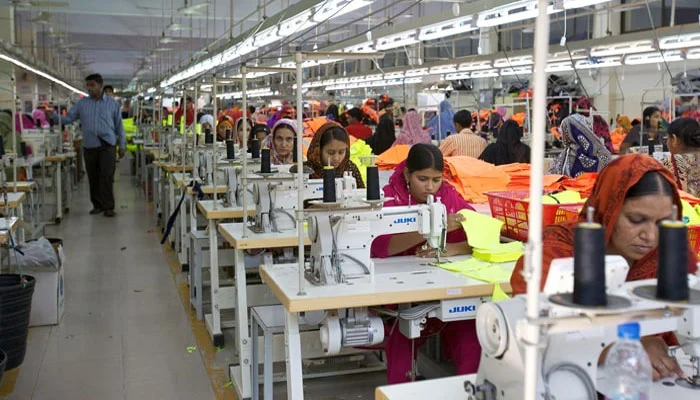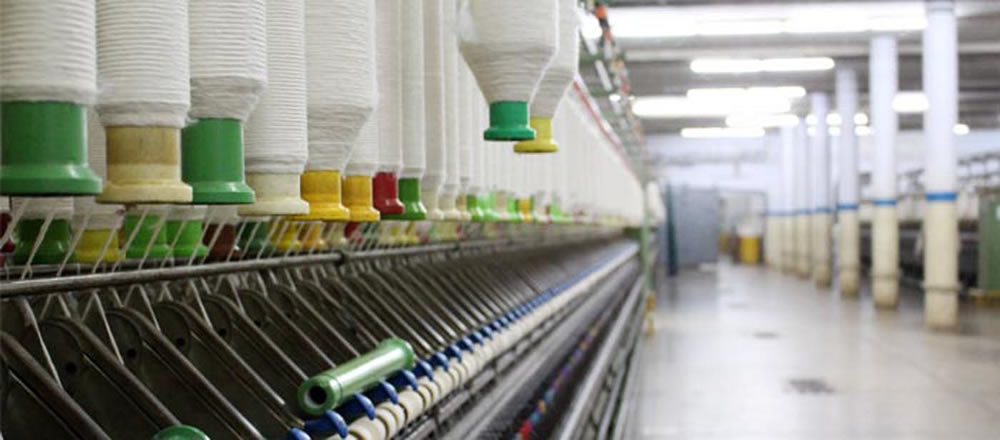
ISLAMABAD ( Web News )
The All Pakistan Textile Mills Association (APTMA) expressed its concern over the suspension of the regionally competitive energy tariff (RCET) of electricity for Export-Oriented Units (EOUs) across Pakistan.
The association has warned that this decision will render the textile industry, especially in Punjab, uncompetitive within the country and the region, leading to significant unemployment of more than 10 million workers in Punjab.
In a letter to the Prime Minister, the association said that the textile industry witnessed a massive increase of over 55% in just two years, from $12.5 billion in FY20 to $19.5bn in FY22 as a direct consequence of the competitive energy tariff.

The industry, as a consequence of the improved competitiveness, invested a further $5bn in the expansion and new projects which enhanced the available export capacity by another $5-6bn. Pakistan was, therefore, well on the way to achieving $26bn in textile exports in 2023.
However, the decision to suspend the RCET for EOUs will shift available orders to cheaper alternatives internationally and within Pakistan, as the industry will become uncompetitive due to the higher cost of electricity. The price differential between effective electricity prices in Punjab and Sindh is more than 3.65 times as EOUs in Sindh can generate electricity at Rs.11/kWh from gas being provided at $4/MMBtu, while Punjab gets gas/RLNG at $9/MMBtu.

Furthermore, the grid electricity in Punjab is unreliable and substandard, reducing effective production capacity by over 25%. This anomaly is further compounded by the intermittent supply of gas/RLNG to Punjab-based EOUs which has been at times nil supply, 25% supply, and 50% supply.

APTMA has emphasized that taxes, cross-subsidies, and inefficiencies cannot be exported. The decision to suspend the RCET will not only hurt Punjab-based industries but also affect the entire textile industry and, consequently, the country’s economy.
The association has requested the Prime Minister to revisit the narrative that the government subsidizes the textile sector and consider reinstating the RCET to maintain the industry’s competitiveness and prevent massive job losses.
